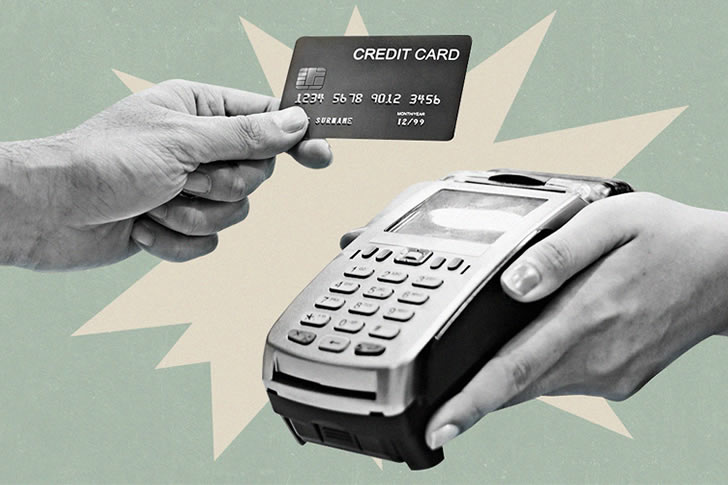Applying for a credit card can be a pivotal decision in one’s financial journey. A credit card can be a powerful tool that provides convenience, rewards, and opportunities for building a good credit score. However, without careful consideration, it can also lead to debt accumulation and financial strain. This article offers practical tips for navigating the credit card application process successfully.

Before applying for a credit card, take a thorough look at your financial health. Evaluate your income, existing debts, and expenses. Understanding your financial situation can help you determine how much credit you can afford to manage and what type of card best suits your needs.
Q: How do I determine how much credit I can handle?
A: A good rule of thumb is to keep your total debt payments, including credit cards, below 30% of your monthly income to maintain a manageable budget.
There is a wide variety of credit cards available, each catering to different spending habits and needs. Here are a few common types:
Your credit score significantly influences both your eligibility for a credit card and the interest rates you can secure. Obtain a free credit report from annualcreditreport.com and check your score. If your score is low, consider improving it by paying down debts, making timely payments, and disputing any inaccuracies before applying.
Q: How can I increase my credit score before a credit card application?
A: Pay off outstanding debts, make timely payments, reduce your credit utilization ratio, and avoid opening new credit accounts in the months leading up to your application.
Each credit card application may require a hard inquiry on your credit report, which can temporarily affect your credit score. To mitigate this, research multiple cards to narrow down your options, and apply for them within a short period (typically 30 days) to lessen the impact of inquiries.
Read the fine print to grasp the fees associated with the card, such as annual fees, late payment fees, and foreign transaction fees. Additionally, compare interest rates and introductory offers carefully. Understanding these terms can help you avoid unexpected costs.
When you’re ready to apply, ensure you have the necessary documentation prepared. Typically, you will need to provide:
Once you have chosen a credit card that fits your needs, apply for it responsibly. Avoid applying for multiple cards simultaneously, as this can raise red flags to lenders and negatively impact your credit score.
Q: What should I do if my credit card application is denied?
A: Review the denial reason provided in the letter sent by the issuer. This might be due to high debt levels or a low credit score. Address the issues, improve your financial habits, and wait a few months before reapplying.
Applying for a credit card is a significant financial decision that requires careful planning and consideration. By assessing your financial situation, researching card options, understanding terms, and applying responsibly, you can maximize your credit card benefits while minimizing the risks. Always remember to monitor your credit and manage your card usage wisely.
Explore the Tranquil Bliss of Idyllic Rural Retreats

Ultimate Countdown: The 20 Very Legendary Gaming Consoles Ever!

Understanding Halpin and its Influence

Affordable Full Mouth Dental Implants Near You

Discovering Springdale Estates

Illinois Dentatrust: Comprehensive Overview

Embark on Effortless Adventures: Unveiling the Top in Adventures Made Easy Outdoor Equipment

Unveiling Ossur Valves: Innovation in Prosthetics

Unlock the Full Potential of Your RAM 1500: Master the Art of Efficient Towing!
